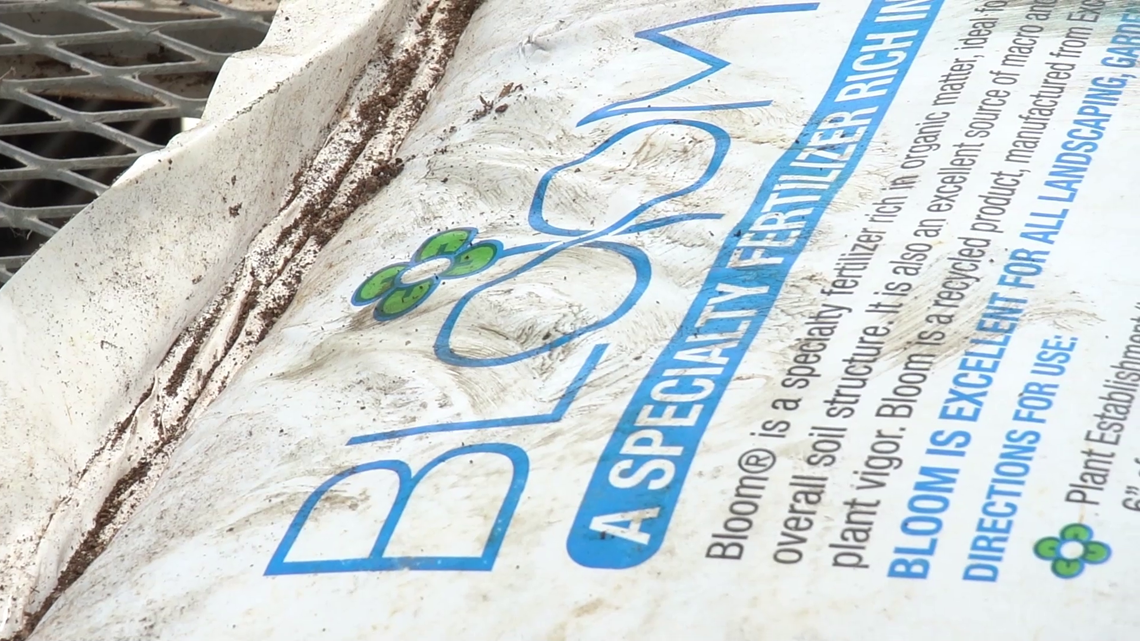POOLESVILLE, Md. — DC Water is defending one of its products Thursday from accusations it's poisoning drinking water in Montgomery County.
This concerns two chemicals called PFOS and PFOA. They’re often used in non-stick surfaces, fire retardant, and water repellant.
Poolesville in Montgomery County, Maryland is known for its farms, not factories. When industrial chemicals that can’t be boiled or filtered away were found in drinking water in December, it set off a mystery with health risks that, according to scientists:
"There have been a wide number of health effects that have been reported with PFOS, including things like effects on the thyroid gland and other endocrine systems, several kinds of cancer, kidney disease, liver disease effects on preterm birth and birth weight. I think one of the most important is the effects on the immune system, both suppressing our ability to respond to infection and an increase in autoimmunity," said Dr. Linda Birnbaum, toxicologist at Duke University.
Two of Poolesville, Maryland's groundwater wells remain shut down due to chemical contamination. The town’s manager says he does not know the source of that contamination. Poolesville manager Wayde Yost added no further contamination was spotted, yet those with compromised immune systems and who are pregnant should consult their doctor.
DC Water turns some sewage sludge into soil conditioner for gardeners and farmers. Last year, WUSA9 reported how tests from the Sierra Club showed that product, “Bloom Soil Conditioner,” tested higher than EPA recommended exposure for PFOS and PFOA.
Testing from Public Employees for Environmental Responsibility released this week added to those high test results.
According to PEER, Eurofins Laboratory testing of Bloom biosolid fertilizer showed
- PFOA (a major form of PFAS) levels of 21 parts-per-billion (ppb). This is 5.3 million times higher than the EPA Lifetime Health Advisory Level for PFOA in drinking water, which is .004 parts- per-trillion;
- PFOS (another major PFAS) levels of 26 ppb parts, an amount is that is 1.3 million times higher than EPA’s Lifetime Health Advisory Level for PFOS in drinking water, which is .02 ppb; and
DC Water says no specific study shows its soil product is leaching chemicals into the groundwater and told local farmers in an online seminar people face far more PFOS chemical from a common household item: microwavable popcorn.
"That paper is often saturated with PFOS. That's one of the properties of PFOS is resists grease, and it resists water. But then they don't know popcorn is in direct contact with that paper," said DC Water's Chris Peot.


Peot added, "My working theory is that it may have come from the plastic bag. One of the uses of PFOS is to strengthen plastic. And we want to make sure that we have strong plastic bags so that when somebody is taking it from the garden center and putting it in their trunk, it doesn't split open and contact with that plastic quite possibly could have resulted in higher findings. We don't have the high results from our fresh Bloom."
But EPA guidelines say any minuscule exposure to forever chemicals can be harmful.
Montgomery County Department of Environmental Protection says it is "reviewing" PEER's testing report.
Maryland state scientists continue to investigate what exactly is contaminating some of Poolesville's drinking water.

